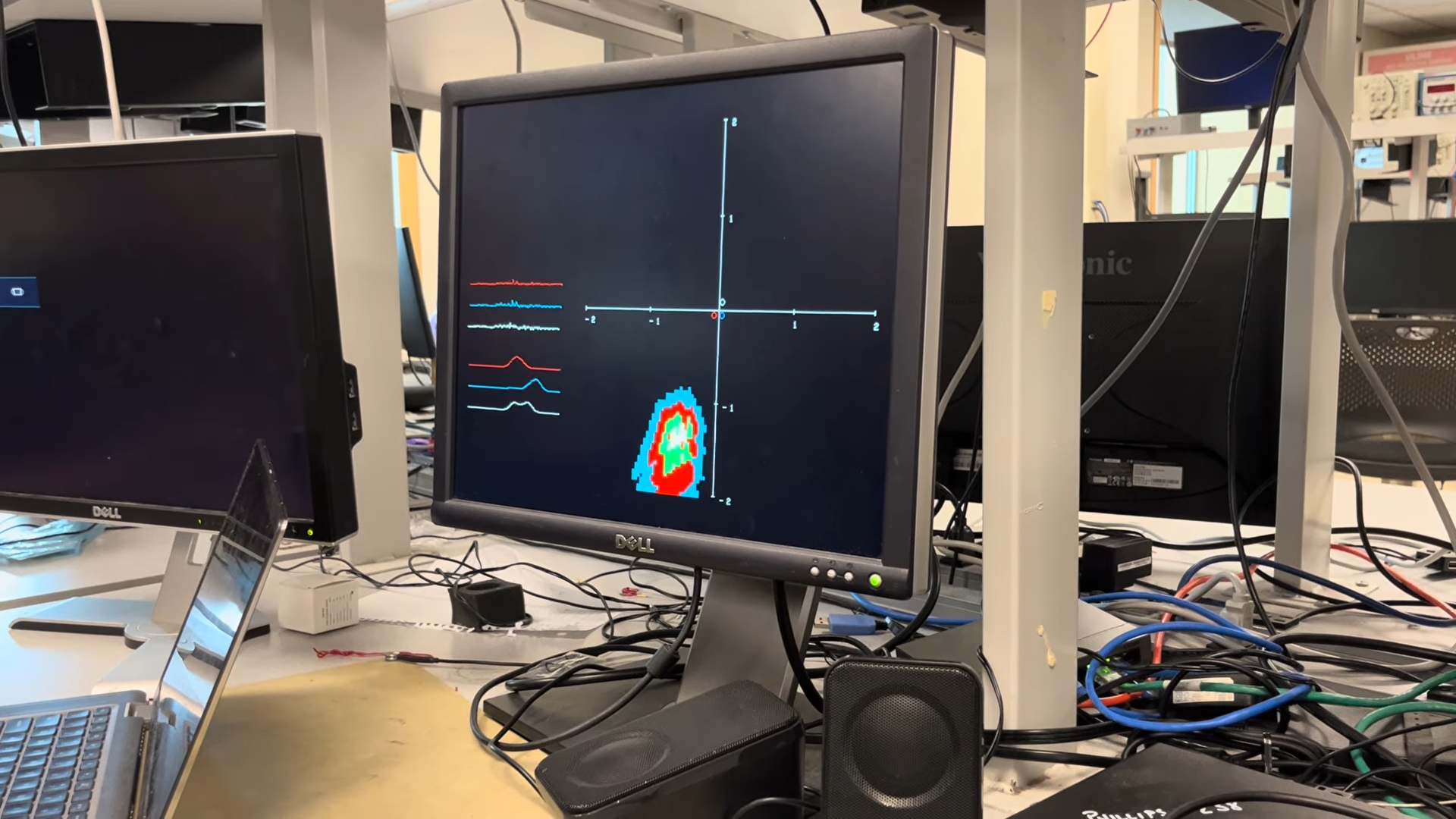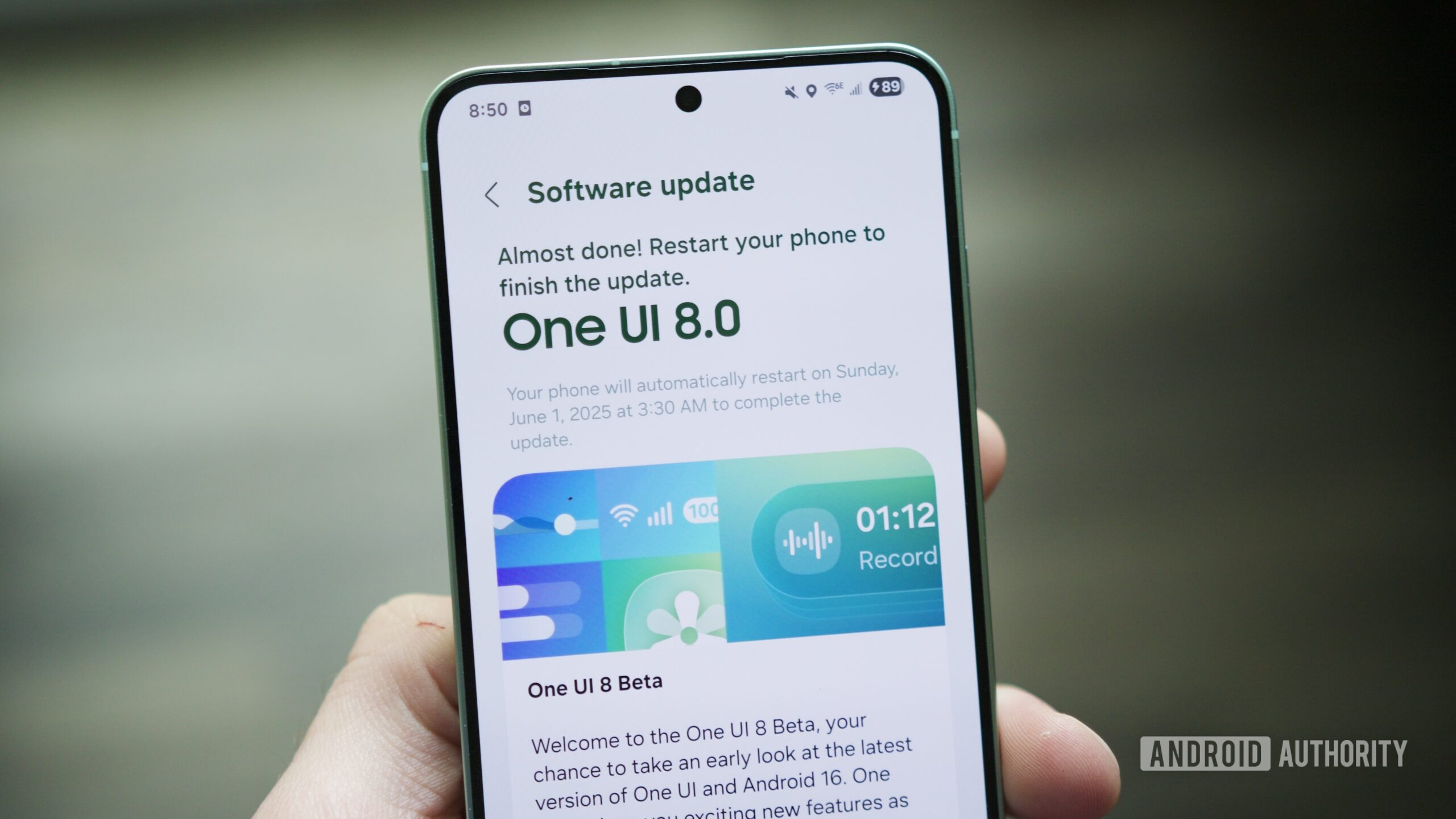Legal AI: Revolutionizing the Legal Profession with Technology
The legal profession, long reliant on traditional practices, is undergoing a radical transformation due to the emergence of artificial intelligence (AI). Legal AI, encompassing tools that utilize machine learning, natural language processing (NLP), Legal AI and automation, is revolutionizing how legal professionals manage their workloads, interact with clients, and execute legal tasks. From improving efficiency and reducing costs to enhancing decision-making and access to justice, Legal AI is rapidly becoming a critical tool in the legal field. However, as with any technological advancement, its integration into the legal system presents both exciting opportunities and potential challenges. This article explores the role of Legal AI, its applications, benefits, and the challenges it faces as it reshapes the landscape of law. What is Legal AI? Legal AI refers to the use of artificial intelligence technologies in the legal field to enhance the efficiency and accuracy of various legal tasks. Legal AI tools leverage algorithms and models, particularly machine learning and natural language processing, to analyze vast quantities of legal data, assist in legal research, automate document review, and even predict legal outcomes. These AI tools can scan and interpret complex legal texts, such as statutes, regulations, contracts, and case law, in a fraction of the time it would take a human lawyer. They provide insights into the law, helping lawyers make more informed decisions, improve productivity, and better serve their clients. The Benefits of Legal AI Increased Efficiency and Time Savings Legal work often involves processing large volumes of information, from reviewing lengthy contracts to conducting exhaustive legal research. Traditionally, these tasks are time-consuming and labor-intensive. Legal AI can automate many of these routine tasks, significantly speeding up the process. AI-powered platforms such as Luminance and Kira Systems are capable of reviewing and analyzing thousands of documents in seconds, identifying key clauses, inconsistencies, or potential risks. This frees up legal professionals from the mundane, repetitive tasks, allowing them to focus on higher-level, complex issues that require human expertise. For instance, when conducting legal research, AI-powered tools like ROSS Intelligence can sift through vast databases of legal documents, case law, and statutes in a matter of seconds, producing relevant results far faster than traditional methods. This not only improves efficiency but also helps lawyers save valuable time that can be used for client interactions and strategic thinking. Cost Reduction The high cost of legal services is one of the primary barriers for individuals and businesses seeking legal help. Legal AI has the potential to significantly reduce the cost of legal services by automating tasks that would normally require significant manpower. The automation of routine processes, such as document review, contract analysis, and legal research, helps law firms reduce billable hours, making their services more affordable for clients. For example, AI tools like DoNotPay provide an affordable way for individuals to handle simple legal matters, such as contesting parking tickets, without hiring a lawyer. By offering these services at a lower cost, AI opens up access to justice for a broader audience, including those who might not otherwise be able to afford legal representation. Furthermore, for law firms, AI's ability to automate repetitive tasks reduces overhead costs, allowing them to operate more efficiently and pass on savings to clients. Improved Accuracy and Risk Mitigation Legal work demands a high level of accuracy. A small mistake in a contract, legal document, or piece of research can have significant legal and financial consequences. AI's ability to process data quickly and accurately can help reduce the risk of errors in legal work. AI-powered document review platforms like Kira Systems and Luminance are capable of flagging discrepancies, missing clauses, or inconsistent language in contracts and legal documents. These platforms can quickly scan documents for compliance issues or potential risks that might be overlooked by human lawyers. The accuracy and consistency of AI systems help ensure that legal documents are error-free and adhere to legal standards. Moreover, AI tools can assist in predicting the outcome of legal cases by analyzing past case data. Lex Machina, for example, uses machine learning to analyze litigation trends and predict case outcomes based on historical data. By leveraging these insights, lawyers can make more informed decisions about whether to settle a case or proceed to trial. Enhanced Client Interaction In a highly competitive legal market, client satisfaction is key to a law firm’s success. Legal AI can improve client interaction by streamlining communication and providing faster responses. AI-powered chatbots and virtual ass

The legal profession, long reliant on traditional practices, is undergoing a radical transformation due to the emergence of artificial intelligence (AI). Legal AI, encompassing tools that utilize machine learning, natural language processing (NLP), Legal AI and automation, is revolutionizing how legal professionals manage their workloads, interact with clients, and execute legal tasks. From improving efficiency and reducing costs to enhancing decision-making and access to justice, Legal AI is rapidly becoming a critical tool in the legal field. However, as with any technological advancement, its integration into the legal system presents both exciting opportunities and potential challenges.
This article explores the role of Legal AI, its applications, benefits, and the challenges it faces as it reshapes the landscape of law.
What is Legal AI?
Legal AI refers to the use of artificial intelligence technologies in the legal field to enhance the efficiency and accuracy of various legal tasks. Legal AI tools leverage algorithms and models, particularly machine learning and natural language processing, to analyze vast quantities of legal data, assist in legal research, automate document review, and even predict legal outcomes.
These AI tools can scan and interpret complex legal texts, such as statutes, regulations, contracts, and case law, in a fraction of the time it would take a human lawyer. They provide insights into the law, helping lawyers make more informed decisions, improve productivity, and better serve their clients.
The Benefits of Legal AI
- Increased Efficiency and Time Savings Legal work often involves processing large volumes of information, from reviewing lengthy contracts to conducting exhaustive legal research. Traditionally, these tasks are time-consuming and labor-intensive. Legal AI can automate many of these routine tasks, significantly speeding up the process.
AI-powered platforms such as Luminance and Kira Systems are capable of reviewing and analyzing thousands of documents in seconds, identifying key clauses, inconsistencies, or potential risks. This frees up legal professionals from the mundane, repetitive tasks, allowing them to focus on higher-level, complex issues that require human expertise.
For instance, when conducting legal research, AI-powered tools like ROSS Intelligence can sift through vast databases of legal documents, case law, and statutes in a matter of seconds, producing relevant results far faster than traditional methods. This not only improves efficiency but also helps lawyers save valuable time that can be used for client interactions and strategic thinking.
- Cost Reduction The high cost of legal services is one of the primary barriers for individuals and businesses seeking legal help. Legal AI has the potential to significantly reduce the cost of legal services by automating tasks that would normally require significant manpower. The automation of routine processes, such as document review, contract analysis, and legal research, helps law firms reduce billable hours, making their services more affordable for clients.
For example, AI tools like DoNotPay provide an affordable way for individuals to handle simple legal matters, such as contesting parking tickets, without hiring a lawyer. By offering these services at a lower cost, AI opens up access to justice for a broader audience, including those who might not otherwise be able to afford legal representation.
Furthermore, for law firms, AI's ability to automate repetitive tasks reduces overhead costs, allowing them to operate more efficiently and pass on savings to clients.
- Improved Accuracy and Risk Mitigation Legal work demands a high level of accuracy. A small mistake in a contract, legal document, or piece of research can have significant legal and financial consequences. AI's ability to process data quickly and accurately can help reduce the risk of errors in legal work.
AI-powered document review platforms like Kira Systems and Luminance are capable of flagging discrepancies, missing clauses, or inconsistent language in contracts and legal documents. These platforms can quickly scan documents for compliance issues or potential risks that might be overlooked by human lawyers. The accuracy and consistency of AI systems help ensure that legal documents are error-free and adhere to legal standards.
Moreover, AI tools can assist in predicting the outcome of legal cases by analyzing past case data. Lex Machina, for example, uses machine learning to analyze litigation trends and predict case outcomes based on historical data. By leveraging these insights, lawyers can make more informed decisions about whether to settle a case or proceed to trial.
- Enhanced Client Interaction In a highly competitive legal market, client satisfaction is key to a law firm’s success. Legal AI can improve client interaction by streamlining communication and providing faster responses. AI-powered chatbots and virtual assistants can help law firms engage with clients more efficiently, answering questions, scheduling appointments, and providing updates on case progress.
For example, AI-driven platforms like LawDroid can handle routine client inquiries, freeing up human staff to focus on more complex issues. AI tools can also offer clients self-service options, enabling them to fill out forms, draft basic legal documents, or get information on legal procedures without needing a lawyer’s direct involvement.
This kind of automation not only improves client satisfaction by providing quicker responses but also allows law firms to allocate resources more effectively, improving overall productivity.
- Access to Justice for More People One of the most transformative aspects of Legal AI is its ability to improve access to justice for people who may not otherwise afford traditional legal services. Legal AI has the potential to democratize legal services, making them more accessible to individuals, small businesses, and underserved communities.
AI tools like LegalZoom and Rocket Lawyer offer low-cost legal assistance for common legal tasks, such as drafting wills, forming business entities, or reviewing contracts. These platforms enable people to access essential legal services without incurring the high costs typically associated with hiring an attorney.
Legal AI can also assist individuals in navigating legal procedures, such as filing claims or preparing for court appearances. By lowering the cost of legal services, AI opens up legal representation to a wider range of people, ultimately contributing to a more equitable legal system.
Key Applications of Legal AI
Legal Research
AI-powered legal research tools are a game-changer for law firms. Traditional legal research can take hours or even days, as lawyers manually comb through legal texts, case law, and statutes. AI platforms like ROSS Intelligence utilize natural language processing (NLP) to enable lawyers to search for information in plain language, producing relevant results almost instantaneously. These tools enhance the speed, accuracy, and depth of legal research, empowering lawyers to make better decisions based on the most up-to-date information.Contract Review and Drafting
AI is particularly effective in contract review and drafting. Platforms like Kira Systems and Luminance can automate the process of reviewing contracts by identifying key clauses, risks, and inconsistencies in large volumes of legal documents. They help lawyers save time while ensuring that contracts are compliant and free of errors.
AI tools can also assist in drafting contracts by providing templates and recommending standard clauses based on the type of agreement being drafted. This speeds up the drafting process and ensures that contracts meet industry standards.
- Predictive Analytics for Litigation Predictive analytics is one of the more advanced applications of Legal AI. AI systems like Lex Machina and Premonition analyze past litigation data to predict the likely outcome of a case. By analyzing historical data on judges, lawyers, and legal precedents, these AI platforms help lawyers assess the strengths and weaknesses of their cases and make data-driven decisions about whether to settle or proceed to trial.
These tools also provide insights into the strategies used by opposing counsel, helping lawyers prepare for trial by anticipating the tactics they may encounter in court.
- Document Automation Document automation is another key application of Legal AI. AI-powered platforms like LawGeex can automatically generate standard legal documents, such as non-disclosure agreements (NDAs), contracts, and corporate filings, based on user inputs. This reduces the need for manual drafting, speeds up document creation, and ensures that documents adhere to legal requirements.
Challenges and Ethical Concerns
Despite its potential, Legal AI faces several challenges. One of the most pressing concerns is the potential for algorithmic bias. If AI tools are trained on biased or incomplete data, they may perpetuate these biases in their predictions or recommendations. To address this issue, it is essential to ensure that AI systems used in the legal field are regularly tested and audited for fairness.
Another concern is data privacy and security. Legal AI platforms handle sensitive client data, and it is crucial that these platforms comply with data protection regulations, such as the GDPR, to safeguard client confidentiality.
Finally, there are concerns about job displacement, particularly for lower-level legal roles such as paralegals. While AI may automate routine tasks, many experts believe that it will not replace lawyers but will instead enhance their work by handling time-consuming tasks, allowing lawyers to focus on more complex legal issues.
Conclusion
Legal AI is transforming the legal industry by enhancing efficiency, reducing costs, and improving access to justice. Its ability to automate routine tasks such as contract review, legal research, and document generation allows lawyers to focus on higher-value work and strategic decision-making. However, as AI becomes more integrated into the legal field, it is crucial to address the ethical concerns related to bias, data privacy, and job displacement. With the right safeguards in place, Legal AI has the potential to revolutionize the legal profession, making legal services more accessible, efficient, and equitable for everyone.
































































































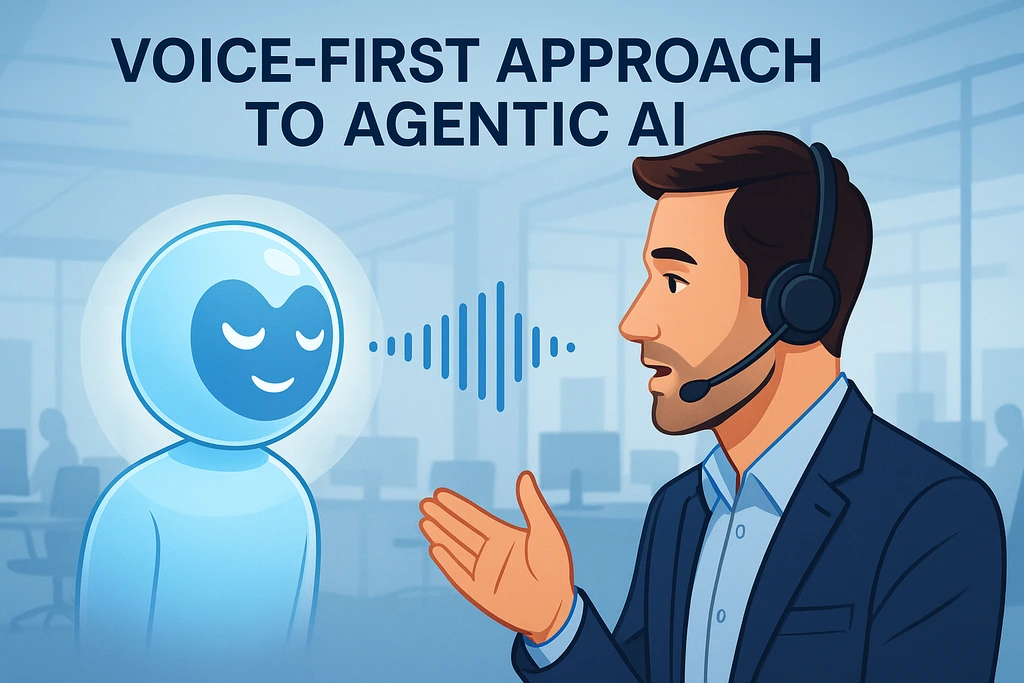






















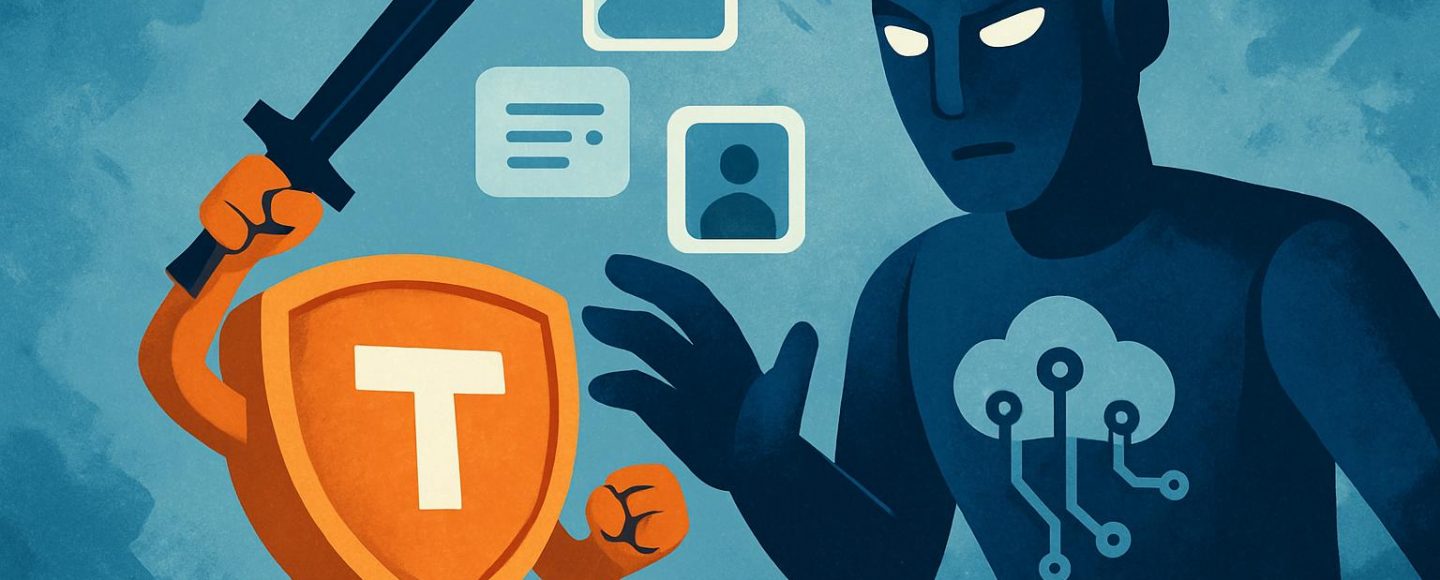






















































![[The AI Show Episode 156]: AI Answers - Data Privacy, AI Roadmaps, Regulated Industries, Selling AI to the C-Suite & Change Management](https://www.marketingaiinstitute.com/hubfs/ep%20156%20cover.png)
![[The AI Show Episode 155]: The New Jobs AI Will Create, Amazon CEO: AI Will Cut Jobs, Your Brain on ChatGPT, Possible OpenAI-Microsoft Breakup & Veo 3 IP Issues](https://www.marketingaiinstitute.com/hubfs/ep%20155%20cover.png)



































































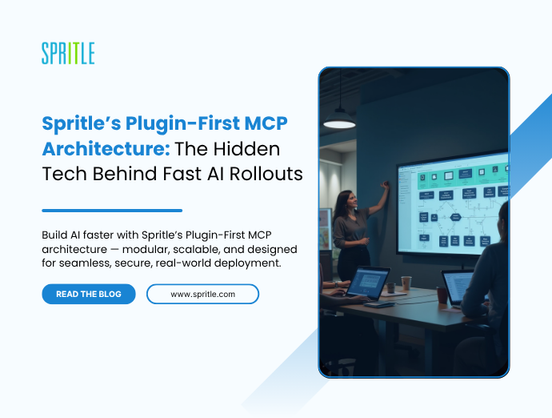
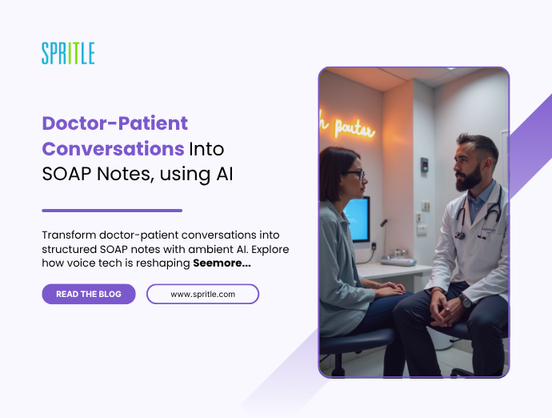







































































































































































.jpg?width=1920&height=1920&fit=bounds&quality=70&format=jpg&auto=webp#)
























_Michael_Burrell_Alamy.jpg?width=1280&auto=webp&quality=80&disable=upscale#)


























































